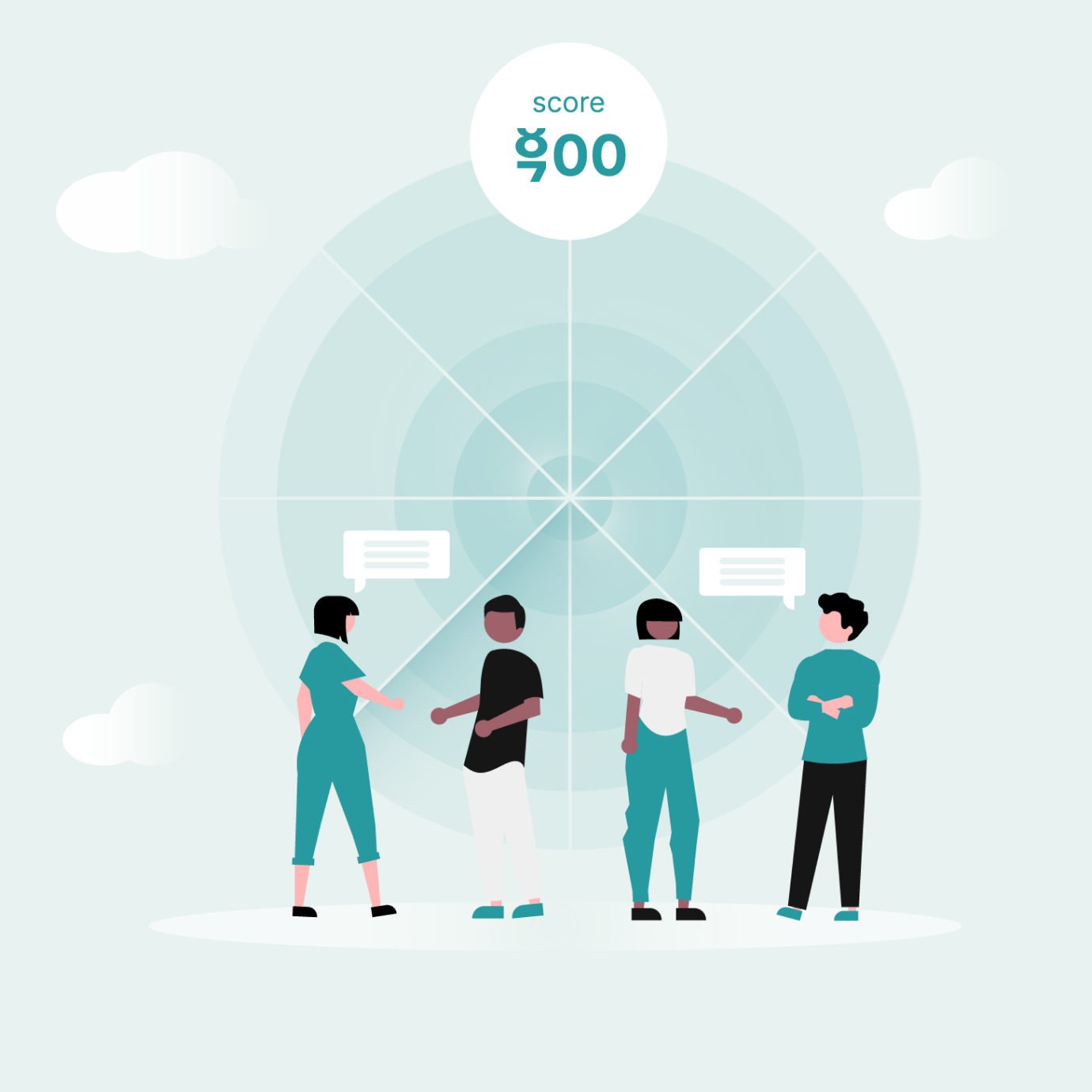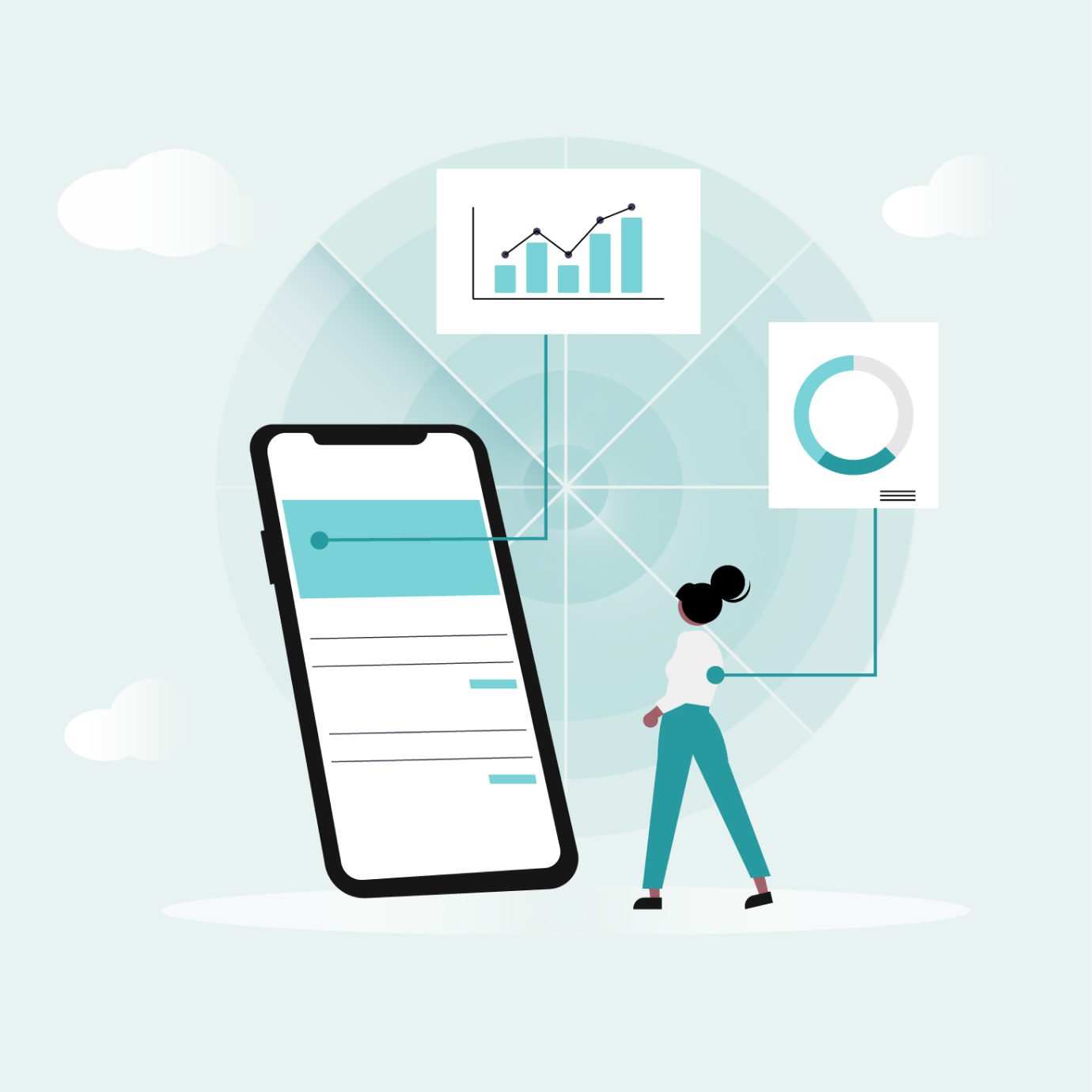Improve your customer experience and increase your business success.
Contact us to get an initial assessment of your level of customer centricity.
Download the white paper: Customer-centric design expertise in the hotel industry
Customer Metrics measures customer centricity from the internal perspective of employees and the external perspective of customers – in individual companies or as an industry comparison. The latter was recently done for the hotel industry: Download the joint study by Jan-Erik Baars (Managing Partner Customer Metrics and Lecturer at Lucerne University of Applied Sciences and Arts) and Lilian Roten (Design-Journey Studio) was conducted in cooperation with 14 hotels in Switzerland.
Download the white paper: The Customer Impact Score
Download the summary of the white paper Switzerland 2022 now and gain insight into measuring customer centricity from a customer perspective.
Why Customer Metrics?
It’s no longer a secret that outstanding customer experiences lead to more business growth and increased company success. Customers with good experiences spend more money and are also more likely to recommend.
Our conclusion: superior CX drives superior revenue growth.
Harley Manning, Forrester

Companies need Customer Metrics
Customer experience is only the tip of the iceberg:
there are many different factors that influence the quality of the experience. For successful companies, customer experience is not an isolated measurement of marketing, but a strategic mindset that flows through the entire company.
Successful companies with excellent customer experiences excel at staying on top of things and aligning everything the company does with the customer and their experience. They are consistently and holistically customer-centric. In many companies, however, the big picture is missing, and many measures to improve the customer experience take place in isolation and miss the idea of the holistically consistent experience.
References
Companies that use CCRadar, CIScore or CCScore:
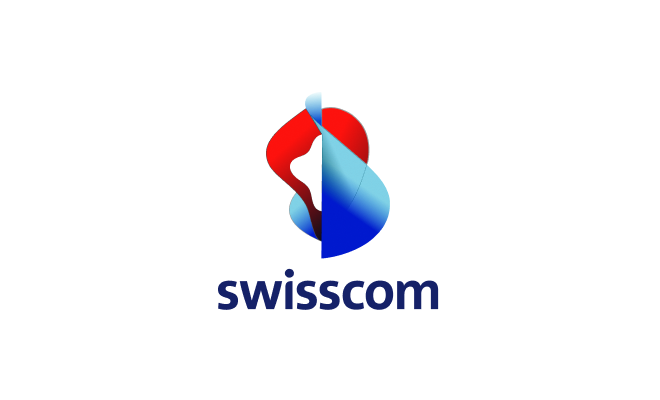
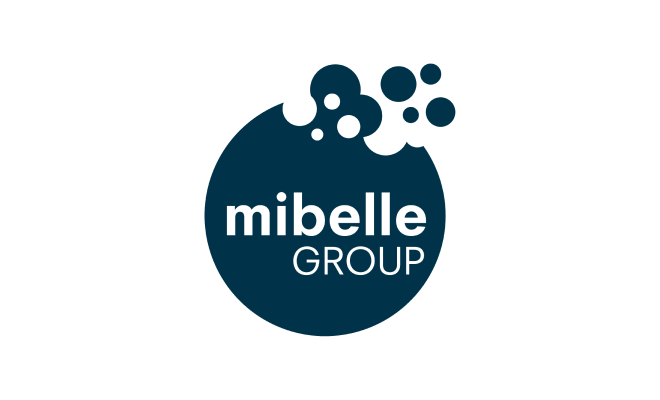


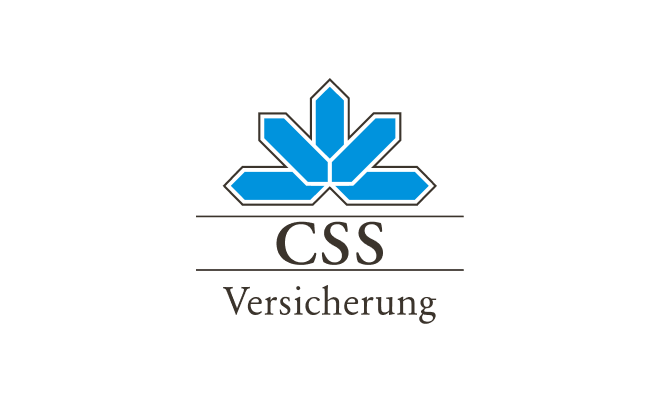
About us
Who’s behind Customer Metrics
Customer Metrics AG was founded as a spin-off of the Lucerne University of Applied Sciences and Arts, which developed the Customer Centricity Score. The Customer Centricity Score was developed in a research project by Prof. Jan-Erik Baars and Prof. Dr. Dominik Georgi from the Lucerne University of Applied Sciences and Arts. Within the framework of a pilot study, the maturity concept for the CCScore was developed and transferred into a measuring instrument. The two professors are partners of Customer Metrics AG and lead the further development of the scoring models for the holistic measurement of customer centricity.
A Spin-Off of the HSLU

Prof. Jan-Erik Baars
E-Mail

Prof. Dr. Dominik Georgi
E-Mail
![]()
Partner & Partner AG
Website
Free CCScore self-test
Take just 5 minutes and see what level of customer centricity you have yourself with our free CCScore self-test.
Please contact us
Would you like to have a first non-committal consultation or would you simply like to learn more?

